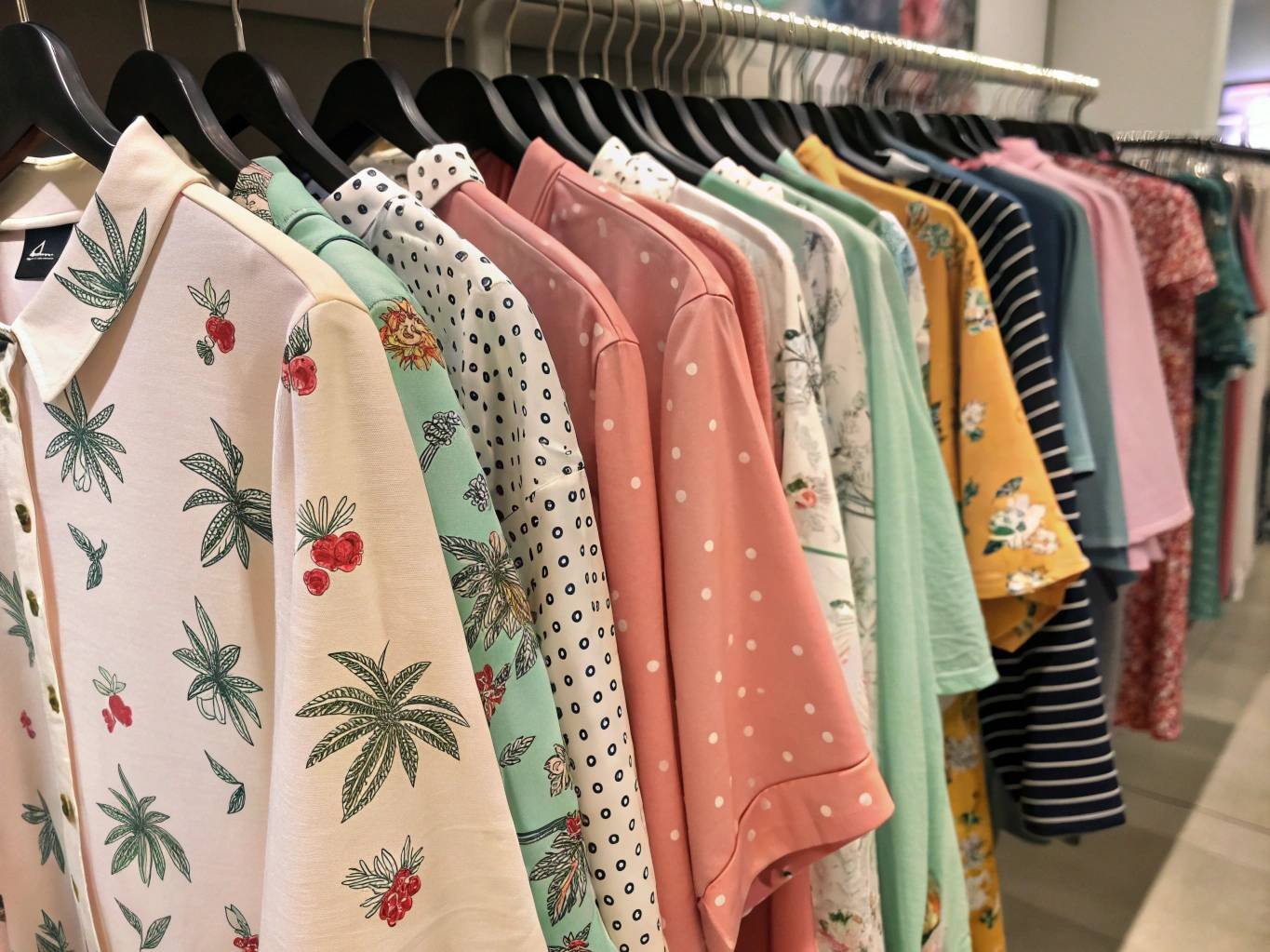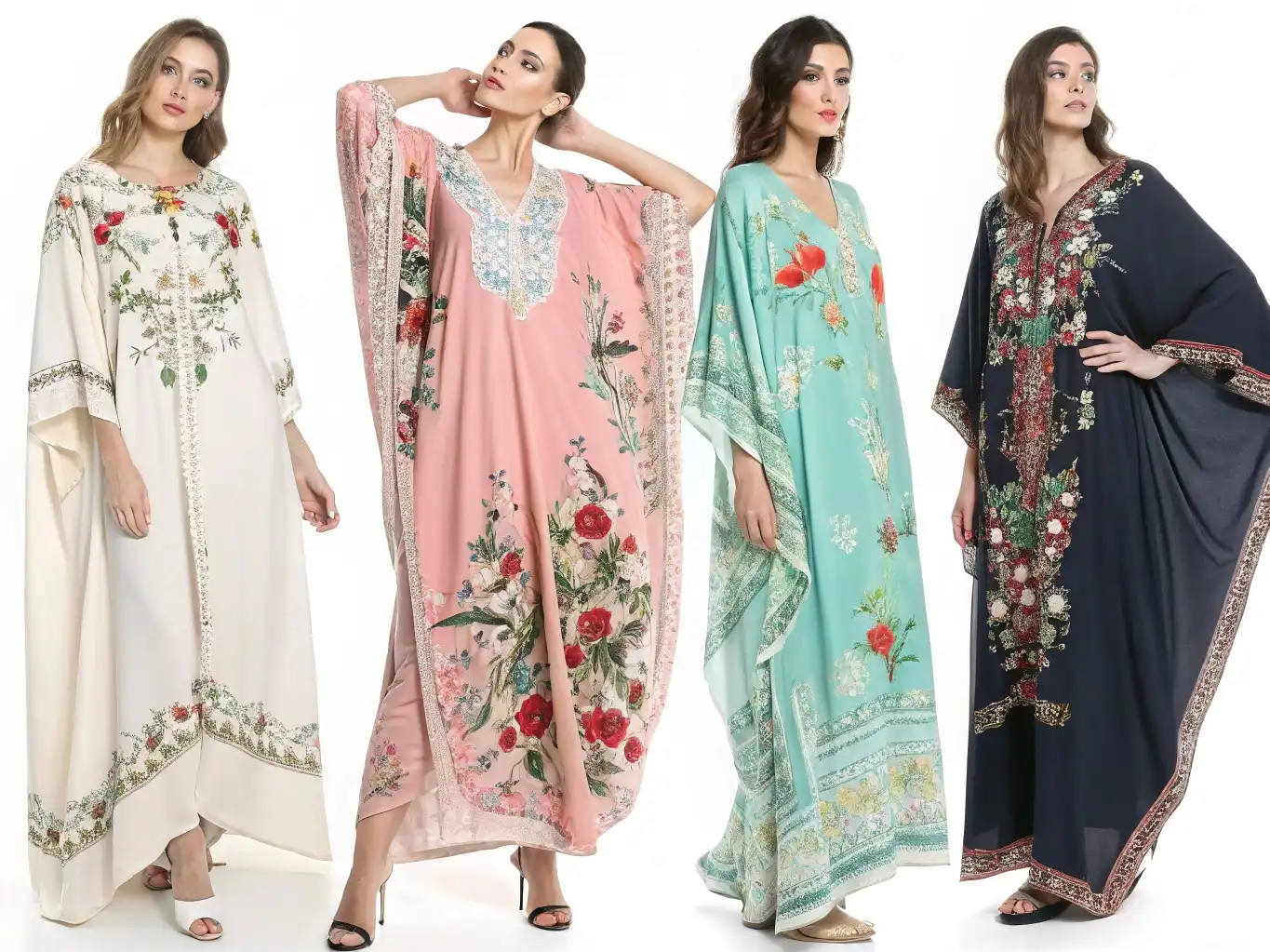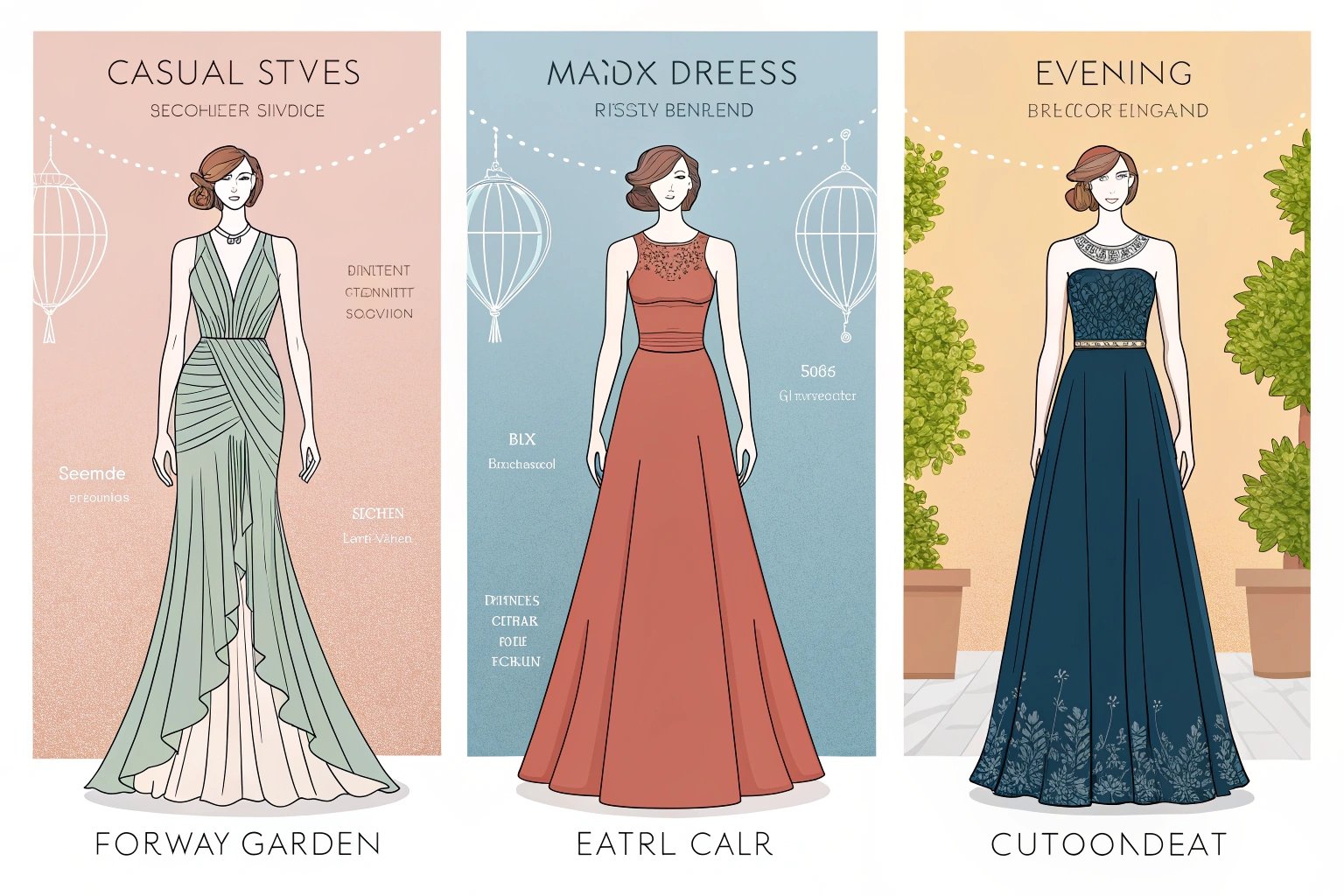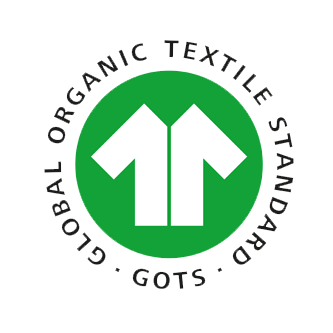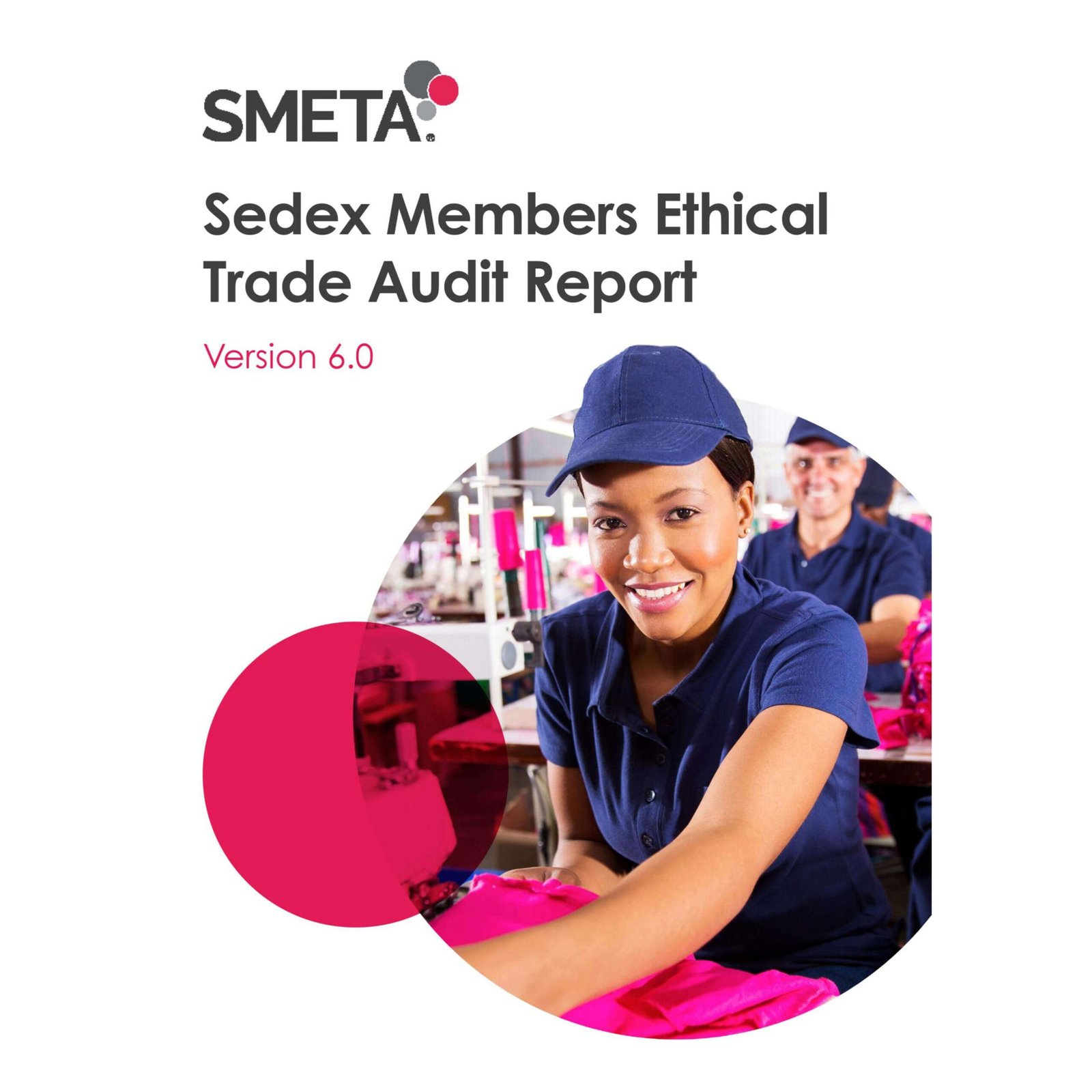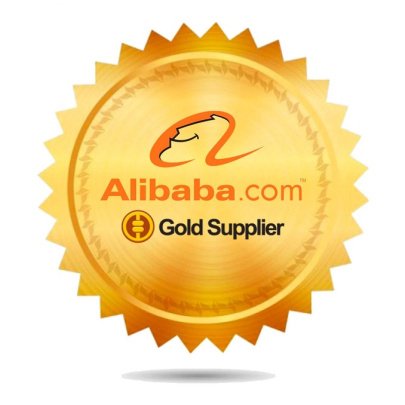Private label clothing has transformed the fashion landscape in the USA. More brands and retailers are turning to private label solutions to build unique collections, control pricing, and boost margins. But what exactly are the different types of private labels—and how can you find the right manufacturing partner in the USA?
There are four main types of private labels: generic, copycat, premium, and exclusive. Each has a unique strategy and value proposition for brands looking to stand out in the clothing market.
In this guide, I’ll break down each type, explore the reasons behind the growth of private label lines, and give you practical advice for launching your own brand with U.S. clothing manufacturers.
What Is a Private Label in the Clothing Industry?
A private label is a product manufactured by one company but sold under another brand’s name. In the clothing sector, private label1 means a retailer or fashion brand designs or selects products, then partners with a manufacturer to produce those garments under their own label.
 Fashion Collection Review
Fashion Collection Review
How Does Private Label Clothing Differ from White Label Products?
- Private label: Garments are made exclusively for a specific brand, often with custom features, unique tags, and brand identity2.
- White label: Generic products that multiple brands can purchase and rebrand as their own, usually with minimal customization.
Private label gives you more control over design, quality, and brand image—while white label is typically faster and cheaper, but less unique.
Why Do Brands Work with Private Label Clothing Manufacturers in the USA?
U.S. brands choose local private label manufacturers for reasons like:
- Faster production timelines and shipping
- Better quality control3 and compliance with U.S. standards
- Easier communication due to shared language and time zones
- Reduced risk of supply chain disruptions
What Are the Four Main Types of Private Labels?
Private labels come in several forms, each with its own business strategy and market positioning.
What Is a Generic Private Label and How Does It Work?
Generic private labels are basic, no-frills products focused on affordability rather than branding or features. In fashion, these could be simple T-shirts, leggings, or basics sold at value retailers under a store’s name.
- Typically minimal packaging or marketing
- Compete mostly on price
- Example: Big-box store house brands (e.g., Walmart’s “George” line)
How Does a Copycat Private Label Compete with National Brands?
Copycat private labels are designed to closely resemble popular national brands, both in style and quality, but at a lower price.
- Target consumers who want the look and feel of premium brands without the cost
- Use similar fabrics, silhouettes, or even branding cues
- Example: Store-brand activewear that mimics top sportswear companies
What Makes a Premium Private Label Stand Out in the Fashion Market?
Premium private labels focus on higher quality, better materials, and sophisticated branding. These products are often positioned as equal to or better than leading brands.
- Invest in fabric, design, and packaging
- Target trend-conscious or quality-focused customers
- Example: Nordstrom’s in-house premium lines, or upscale department store collections
How Does an Exclusive Private Label Help Brands Build Loyalty?
Exclusive private labels are designed solely for one retailer and are not available anywhere else.
- Build store loyalty by offering unique products
- Allow for tailored collections based on customer insights
- Example: Target’s exclusive designer collaborations, or specialty boutique labels

Why Are Private Label Clothing Lines Growing in Popularity?
Private labels are gaining ground in the U.S. clothing market for both retailers and consumers.
How Do Private Labels Offer Higher Profit Margins for Brands?
- Brands avoid the high costs of licensing and distributing national brands
- Can control retail pricing and costs from design to delivery
- Opportunities for upselling and brand-building with exclusive collections
Why Are Consumers Drawn to Private Label Clothing Lines?
- Perceived value: Comparable quality at a better price
- Greater choice and exclusivity in design
- Trust in retailer’s or brand’s curated selection
How Can You Start a Private Label Clothing Brand in the USA?
Launching a private label1 line in the U.S. requires strategic planning and the right manufacturing partner.
What Steps Should You Take to Find the Best Private Label Clothing Manufacturers in the USA?
- Define your brand and product vision
- Research U.S. manufacturers—use trade shows, industry directories, or platforms like Maker’s Row and ThomasNet
- Request samples and check quality
- Discuss MOQs (Minimum Order Quantities) and pricing
- Ensure transparency on lead times, compliance, and certifications
- Negotiate terms and build a long-term partnership
How Do MOQs and Pricing Work for Private Label Clothing Production?
- MOQs vary by manufacturer, style, and fabric—expect 50–300 units for basics, higher for specialty items
- U.S. production typically costs more per unit than overseas, but savings on shipping, returns, and faster cash flow can offset the price
- Many factories offer sliding scale pricing based on order size

What Are the Benefits of Working with Private Label Clothing Manufacturers in the USA?
Working with American manufacturers offers more than just “Made in USA” credibility.
How Does Local Manufacturing Provide Faster Turnaround and Better Quality Control?
- Local production means shorter lead times—often weeks instead of months
- Easier to visit factories, approve samples, and catch issues early
- U.S. labor and safety standards provide an extra layer of quality assurance
What Are the Advantages of Lower Shipping Costs and Easier Communication?
- Reduced international freight costs and fewer customs delays
- Communication is more direct, with fewer language or time zone barriers
- Easier to build long-term, collaborative partnerships
Conclusion
The four main types of private labels—generic, copycat, premium, and exclusive—offer different paths to success for clothing brands in the USA. As private label clothing continues to rise in popularity, choosing the right manufacturing partner can set your line apart and ensure quality, speed, and profitability. Working with U.S.-based private label clothing manufacturers4 brings unique advantages for growing your brand in today’s fast-moving fashion market5.
-
Understanding private label is crucial for anyone looking to enter the fashion industry, as it defines the relationship between brands and manufacturers. ↩ ↩
-
Discover how private label strategies can strengthen your brand identity and differentiate you in the market. ↩
-
Learn about the significance of quality control in maintaining brand reputation and customer satisfaction. ↩
-
Get practical tips on sourcing reliable manufacturers to launch your private label clothing brand successfully. ↩
-
Stay updated on trends in the fashion market and how private labels are reshaping consumer preferences. ↩


